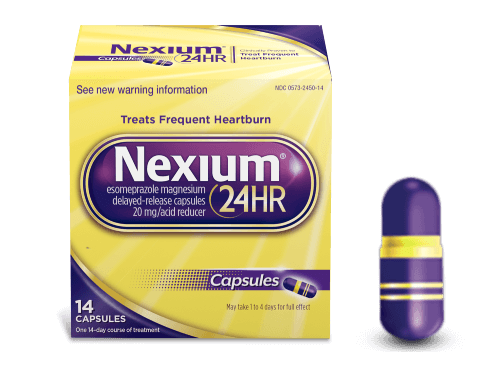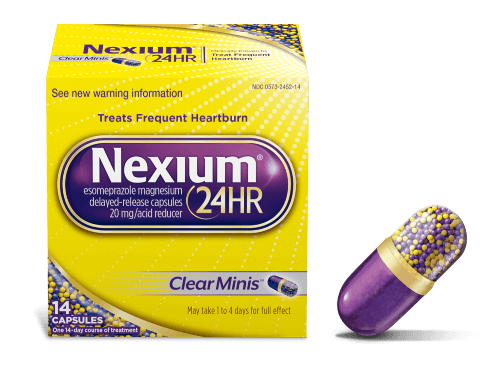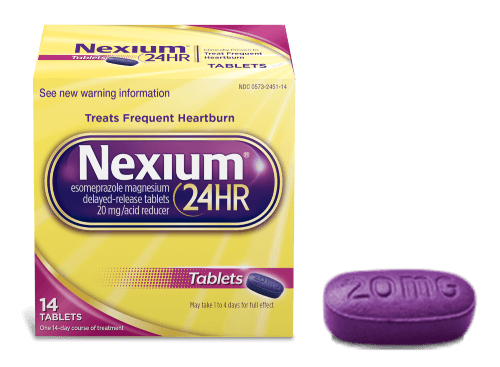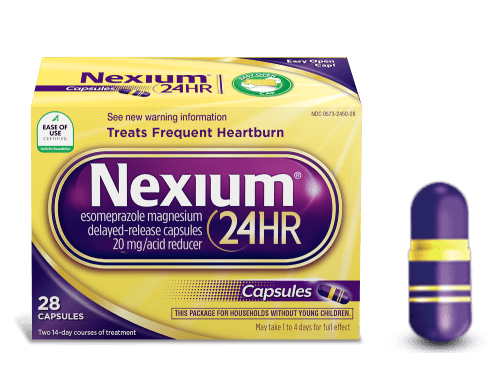It gets your attention because it sounds disgusting and scary: “Leaky gut.” You may have heard of this term if you’ve been learning about the importance of gut health. The first thing to know is that leaky gut is not recognized as a medical diagnosis.1
That said, let’s unpack the phrase, take a look at your digestive track and identify ways to give your gut health a boost.
What Does It Mean to Have a Leaky Gut?
If someone is talking about having a ‘leaky gut,” they may be referring to the permeability of the intestinal tract. 2
First, a bit about your digestive system: In the digestion tube that runs from your mouth to your bottom, the strong lining of your intestinal forms a tight barrier to bacteria and potential toxins you might ingest with your food. The intestinal walls are lined with mucous, which further helps to prevent harmful elements escaping the GI tract.
Some people assert that many illnesses throughout the body can be traced to a gut with a compromised lining that can “leak” certain substances into the bloodstream.1,2 3,4
What Is Intestinal Permeability?
But it’s important to know that healthy intestines are semi-permeable; the “walls” of the intestinal tract are designed to absorb water and allow into the bloodstream nutrients from digested food.
Increased intestinal permeability, which is a medical diagnosis, means the tightly constructed, mucous-slathered GI tract has tiny cracks or holes. Health care providers do see permeability problems with the gut barrier in patients who suffer from intestinal diseases such as celiac or Crohn’s disease.5 For these patients, some harmful molecules, including toxins, bacteria and partially digested food particles can “leak” out and trigger an inflammatory response from the immune system.5
What Is Leaky Gut Syndrome?
Building on those facts, “leaky gut syndrome” is a theory that a compromised intestinal lining that happens on its own can itself cause a variety of issues elsewhere in the body—everything from asthma and fibromyalgia to eczema and acne.1 The theory also suggests that stressors such as a poor diet, as well as drug or alcohol abuse can erode the body’s ability to maintain a strong intestinal barrier.2
So far, there aren’t definitive scientific studies on humans to support the leaky gut hypothesis.2,5 That doesn’t stop some people from touting “cure all” foods and drinks that will solve the problem of a leaky gut.
But the digestive system, including the lining of the gut and intestines, is complex. As is the relationship between the digestive system and the rest of the body.
For now, leaky gut syndrome remains just an idea as researchers work to untangle the many possible connections among gut health, the microbiome, inflammation and chronic disease.
How Would I Know Whether I Have a Leaky Gut?
You would have to undergo medical testing to find out whether you have increased permeability in your intestines.5 To test for this issue, medical personal typically would have you ingest a solution containing different sized sugar and other molecules that the intestines usually don’t absorb and then see which of those molecules were filtered out of the body in urine samples. For a number of reasons, physicians don’t consider these tests very reliable. Basically, there isn’t a clear-cut way to tell if you have a leaky gut.
That said, people who have been diagnosed with higher-than-normal intestinal permeability, have reported feeling abdominal pain, bloating and indigestion. But many things can cause these common symptoms---experiencing them doesn’t necessarily mean you have a leaky gut.
Leaky Gut and Heartburn
If you suffer from a bout of heartburn—that burning sensation you may endure after eating certain foods—don’t jump to thinking you have a “leaky gut.” There are many more common reasons you may be experiencing heartburn.
How to Cultivate a Healthier Gut
While leaky gut may not be a definite condition itself, it’s always a good idea to help your gut health and support a healthy digestive tract. Nourish your gut health with the following tips:1,2,3,4
- Eat a balanced diet. Give your body the materials it needs to keep operating at its best. Eating a healthy diet full of unprocessed foods, including lots of fruits and vegetables, may help build up your stomach lining, balance your gut flora and reduce inflammation. Vitamin D and the L-glutamine amino acid show promise when it comes to repairing your gut health.
- Reduce or eliminate alcohol. Alcohol consumption is linked to gastritis, or an irritation of the stomach lining. Drinking too much is also thought to harm your good gut bacteria and throw your stomach health off balance.
- Try probiotics and prebiotics. Probiotics, such as yogurt, kimchi and other fermented foods, can help promote gut health by preventing the overgrowth of bad bacteria in your gut. As well, prebiotics help nourish the beneficial gut bacteria lining your intestines. Prebiotics can be found in—you guessed it---fruits and veggies and purchased in supplement form.
- Exercise. Research shows that regular exercise is important when it comes to your gut bacteria. Longer and higher-intensity workouts have the most gut-health benefits.
While leaky gut syndrome isn’t a recognized medical diagnosis, research around intestinal permeability is helping us learn more about good gut health and how to promote it.
Learn more about gut health including indigestion and heartburn. Visit Nexium 24HR’s Understanding Heartburn Hub.
Source Citations:
- Leaky Gut Syndrome. The Cleveland Clinic. April 2022. https://my.clevelandclinic.org/health/diseases/22724-leaky-gut-syndrome#. Accessed 10/30/23.
- Leaky gut: What is it, and what does it mean for you? - Harvard Health. September 2023. https://www.health.harvard.edu/blog/leaky-gut-what-is-it-and-what-does-it-mean-for-you-2017092212451. Accessed 10/30/23.
- Alcoholic Gastritis: Causes, Symptoms and Treatment. American Addictions Centers. August 2022. https://alcohol.org/comorbid/gastritis/. Accessed 11/01//23.
- Monda V, Villano I, Messina A, et. al. Exercise Modifies the Gut Microbiota with Positive Health Effects. Oxidative medicine and cellular longevity. March 2017. https://pubmed.ncbi.nlm.nih.gov/28357027/ . Accessed 11/15/23.
- What Is Leaky Gut Syndrome? Canadian Digestive Health Foundation. November 2022. https://cdhf.ca/en/what-is-leaky-gut-syndrome/. Accessed 11/28/23.









